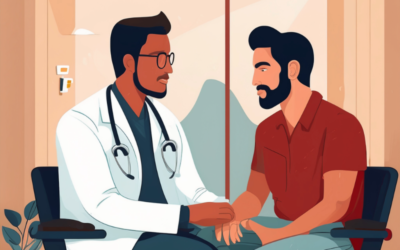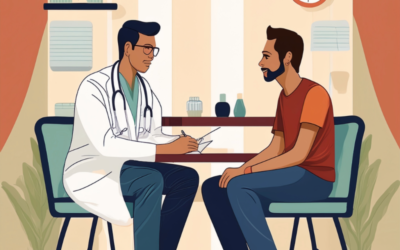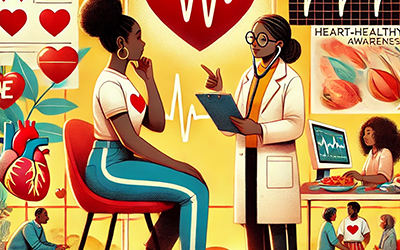Know Your Status: National HIV Testing Day is June 27
Every year on June 27, we recognize National HIV Testing Day (NHTD)—a vital reminder of the importance of knowing your HIV status. Early testing saves lives. It’s that simple. Whether you’ve had one partner or many, are just starting a new relationship, or use...
Living Well with HIV: Staying in Care Matters
Taking your HIV meds every day and staying in care helps you live a long, healthy life. Learn how to stay on track with support from The Project.
Tested Positive for HIV — What Happens Next?
Testing positive for HIV can feel scary, but treatment works. Learn how HIV medicine helps you live a long, healthy life.
Getting Tested for HIV: What You Need to Know
Learn why getting tested for HIV matters, what the test is like, and where you can go. Testing is quick, easy, and free at many places.
What is HIV? (And Why It’s Important to Know)
Learn the basics about HIV — what it is, how it spreads, and why getting tested matters.
Feeling Burnt Out? These 5 Simple Habits Can Help You Stress Less & Feel Better
Take a Breath—You Deserve It Stress doesn’t look the same for everyone. What stresses one person out might not bother someone else at all. A new job, family changes, or even exciting life moments—like moving or starting school—can trigger stress. When it builds up,...
Heart Health & HIV: Taking Care of Your Whole Health
February is Heart Health Month, a reminder that heart disease is a leading health concern for everyone—including people living with HIV. Research shows that individuals with HIV are at a higher risk for heart disease, including high blood pressure, heart attacks, and...
What to Expect at Your First HIV Care Visit
What to Expect at Your First HIV Care Visit Starting HIV care is an important step in managing your health and living well with HIV. At The Project at Primary Health Care, we’re here to make your first visit as comfortable and informative as possible. Here’s what you...
Syphilis Cases Rising in Iowa
In the last two decades, cases of infectious syphilis in the U.S. have increased by 800%, from 2 to 18 cases per 100,000 people. In Iowa, rates have risen 268% in the last five years, including a 796% increase among females and a 333% rise in cases of congenital...







